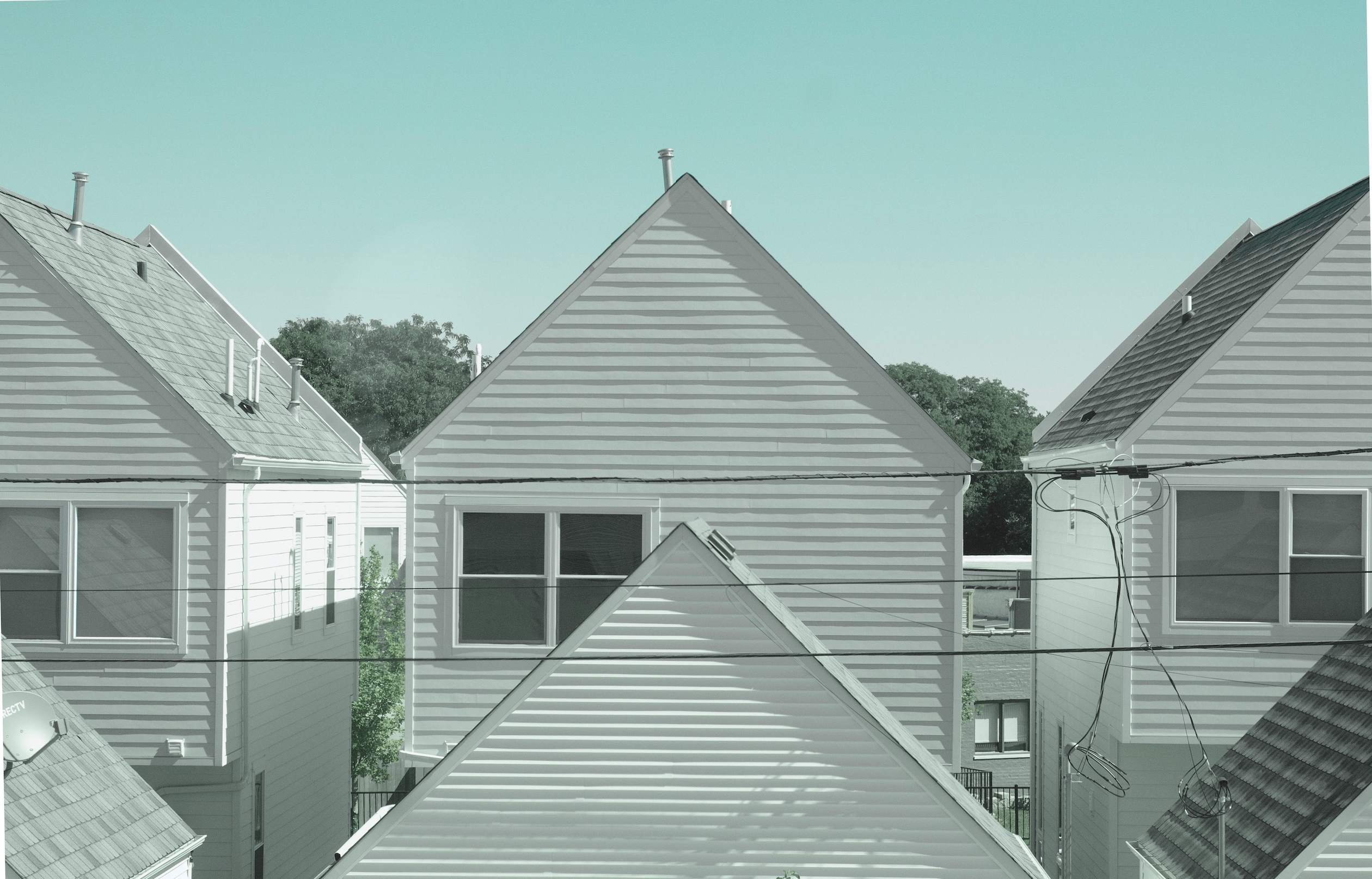Doubled-Up Homelessness

Multigenerational living is common among Latinos, with nearly one-third of households being multigenerational in 2022. This arrangement often reflects strong family bonds and cultural values, providing mutual benefits like easier childcare and elder care.
However, an increasing number of Latinos are living in multigenerational or multifamily situations, or “couch surfing” out of economic necessity rather than choice, a situation known as "doubling-up." Doubled-up living is a survival strategy in response to financial distress, relying on mutual support within extended family networks.
Among Latinos experiencing homelessness in Chicago, about 91% live doubled-up.
In Chicago, estimates from the Chicago Coalition for the Homeless show that doubled-up homelessness is the predominant form of homelessness. Among Latinos experiencing homelessness in Chicago, about 91% live doubled-up, while 55% of Black Chicagoans experiencing homelessness live doubled-up.
Share your Story
We are collecting stories from community members about their housing experiences. If you have experience living doubled-up, please consider taking this anonymous survey. By taking this survey, you can help to shine a light on the challenges faced by our community in securing safe and affordable housing and help us advocate for housing resources to be made accessible to those living doubled-up. The survey is available in both English and Spanish.
Links
To learn more about Doubled-Up homelessness, check out the following resources, as well as stories from our partners, Illinois Latino News.
Latino Policy Forum Blogs
Doubled-Up Living v. Multigenerational Homes: A Latino Perspective
Illinois Latino News Stories
‘Doubling Up’ Homelessness: An Invisible Crisis
Future Uncertain For Tax Hike To Fight Homelessness
Carlos Fernandez: Challenging Corporate Power
Sign up for updates from the Latino Policy Forum, including this project.

